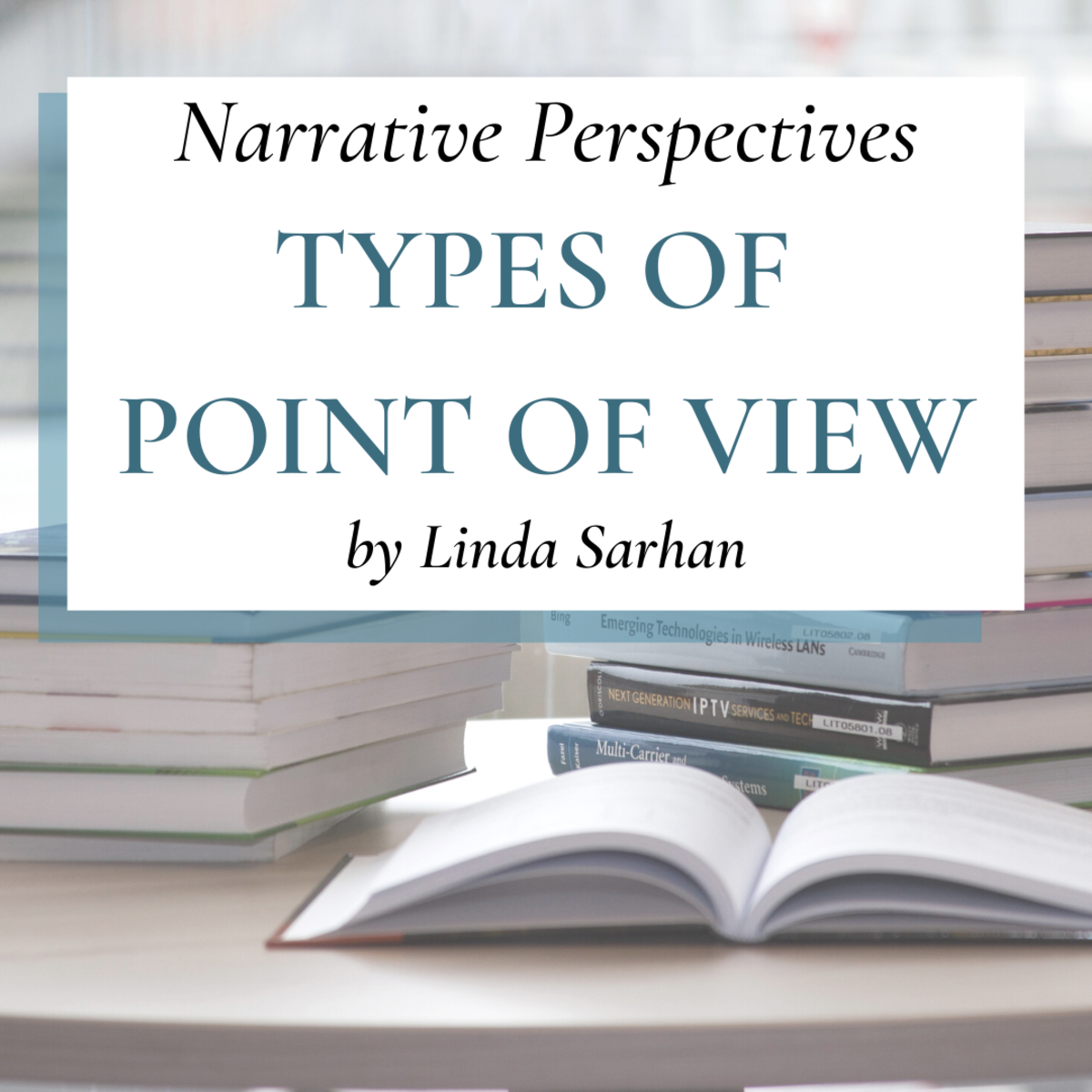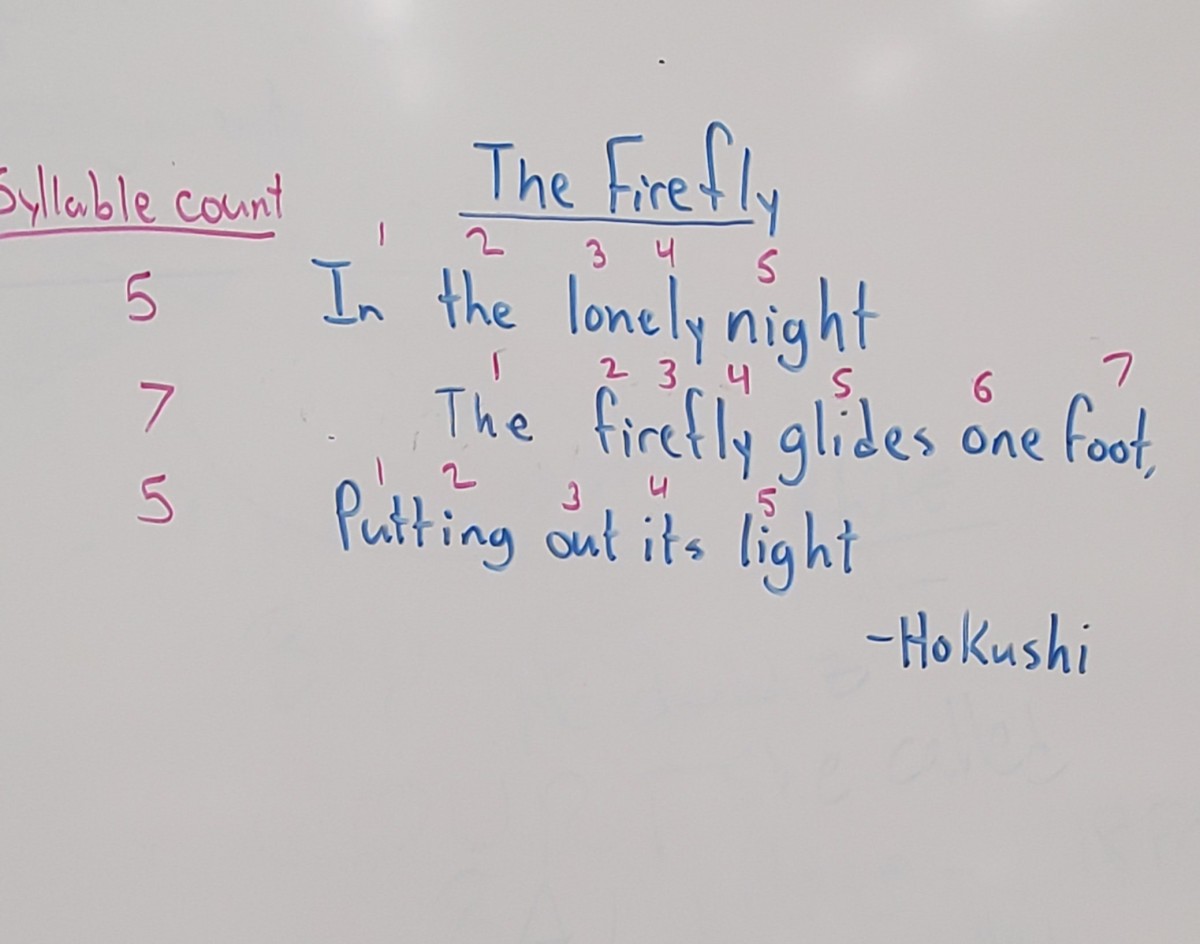Writing in First or Third Person Perspective: The Benefits and Limitations
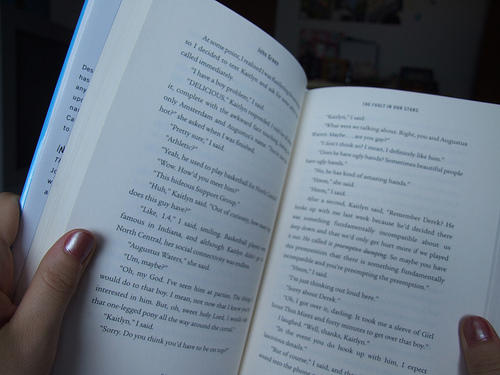
When you are beginning a new short story or novel, there are several decisions you have to make, one of which is whether you are going to write your story in first person perspective or third person perspective. As a writer, I have written in both (three short stories in third person, a novel in first person, and another partial novel in third person), and I can tell you that both have benefits and limitations. What you really have to think about is which technique will better serve your story.
The following is a list of what I think are the benefits and/or limitations regarding first person and third person perspective. (This is just my opinion based on my experience as a writer and a reader. Other people may disagree.)
First Person Perspective
First person perspective is when you write from a characters point of view (pov). The character is the one telling the story, be it in past or present tense. Several popular books that are written in first person perspective are:
*The Hunger Games Series by Suzanne Collins
*Legend Series by Marie Lu
*Divergent Series by Veronica Roth
*Twilight Saga by Stephenie Meyer
*The Fault in Our Stars by John Green
*The Lorien Legacies by Pittacus Lore
*The Perks of Being a Wallflower by Stephen Chbosky (Though in first person, this one is different in that it is written as a compilations of letters written by the main character.)

Benefits of Writing in First Person Perspective
- Place the reader inside the head of your character - The reader will see what your character sees, hear what they hear, feel what they feel. This often makes the reader feel more connected with your character. It allows your reader to go on the journey with your character and to get to know your character on a deeper level.
- Create mystery and suspense - In first person perspective, the reader only uncovers what the character uncovers when the character uncovers it. In other words, they only know what the character knows. This can be a huge suspense builder. Take Catching Fire (the second book in The Hunger Games Series) for example. Since the book is written in first person, the reader only knows what Katniss knows, and this helps create the suspense and mystery of what the other tributes are up to. Like Katniss, we are unsure of whether or not she should trust them. And (spoiler alert) we only learn about the plan of escaping the arena when Katniss learns about it. This helps add to the intensity of the story.
- More natural thoughts - In first person perspective, it is much easier to convey a characters internal thoughts. Since you are in their head, their internal thoughts/dialogue comes naturally. So if your characters internal thoughts are important and used often, you may want to consider first person.
What Do You Prefer?
When reading a book, which perspective do you prefer to read?
Limitations of Writing in First Person Perspective
- Descriptions and detail - When writing in first person perspective it is difficult to make certain descriptions sound natural. People don’t usually walk into a room and start describing what they see, so when you are writing from your characters perspective it is difficult to describe a setting or what someone looks like, and make it come off naturally and not feel like you forced those thoughts into their head just because you needed to describe a certain room or person. Also, you have to be careful when you are describing the character that is narrating the story. A person doesn’t walk around thinking “I have brown eyes and am an average height.” You have to find unique and organic ways to describe what your character looks like. Also, you have to remember that when you are describing a room, person, or situation, you are doing this all through the eyes and insight of your character, so you have to do it in the way they would see it. For example, in the Legend Series by Marie Lu, when June is looking at a room, her compulsory ability to take in obscure details (like how many exits there are) is part of her personality so she always does this. When we are in Day’s perspective, he doesn’t do this as much because it’s not so much a part of his character. The way each character describes a room is different because they are different people and what they notice/what is important to them is different.
- Stuck in your characters head - If there is information you want to reveal to the reader, but don’t yet want the main character to know, then you have a problem. For example, if your character is walking down an alley and they don’t know that someone is following them, but it would build suspense for your reader to know that someone is following them, then you need third person. Also, if you want to be able to get in the head of multiple characters it will likely be better to write in 3rd person (ex. Mortal Instruments, A Song of Ice and Fire). If you only want to be in one or two characters heads then first person can work well, but once you are getting into multiple characters it will be difficult to change perspective and thought patterns. Which leads us to . . .
- Accurately conveying your characters voice - You have to be able to convey your characters voice and personality, and, if you want to write dual perspectives (more than one character telling the story. ex. Legend Series by Marie Lu), you have to make sure they sound different because they are different people. I have read great books that have been written in first person perspective that are told in dual perspectives and the author does a great job of making their characters sound different (Ex. again, in the Legend Series by Marie Lu. I always knew when I was reading June’s perspective or Day’s perspective because they sounded so different). I have also read some books that are written in first person with dual perspectives and the voice/tone/personality of the characters sound exactly or almost exactly the same (I’m not going to mention which books because I’m not here to put down any books or authors), but I’m sure most of us have come across this and it is not only frustrating, but it pulls you out of the story because you are so focused on the fact that the two characters (that are not the same) sound the same, and at times your find yourself forgetting which character’s head you are in.
Some things to consider before you write your novel
- Am I going to write this in past or present tense?
- Am I going to use first or third person perspective?
- What drives my characters? What do they want most? What are they willing to do to get it? What problems will they face and how will they overcome them?
- What is my setting?
Third Person Perspective
Third person perspective is when you write a story as a narrator. Ex. “There was a pounding in Jonathan’s head, the rhythm drumming in step with the beat of his heart—with every pulse, a companion of pain.” (this is the first line from my short story, The Unforgiving Dead, written in third person). There are several different types of third person perspective (such as limited or omniscient). For this article I am going to focus on the omniscient third person perspective. Several popular books that are written in third person perspective are:
*The Mortal Instruments Series by Cassandra Clare
*A Song of Ice and Fire by George R.R. Martin
*The Lunar Chronicles by Marissa Meyer
*The Maze Runner Series by James Dashner
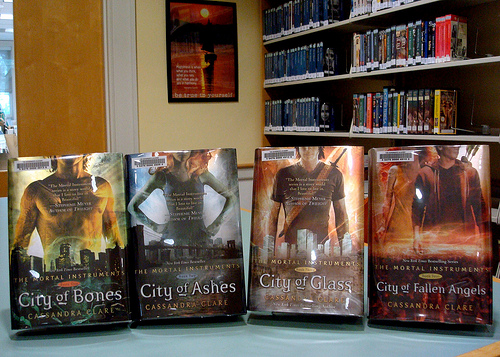
Benefits of Writing in Third Person Perspective (Omniscient)
- Omniscient narrator - In third person perspective you can be an omniscient narrator and give the readers exactly what information you want them to have when you want them to have it, regardless of the characters knowledge. You can add more detail about the world and/or story you are creating. The amount of information you can give your reader is limitless and completely dependent on you (as the writer) alone.
- Offer the perspective of multiple characters - You can tell the story in a way that portrays a certain characters perspective as though the narrator is following them around and knows what they are feeling, such as Cassandra Clare does in the Mortal Instruments Series. She has many unique characters and when a chapter is focused on them, you truly feel like you are in their heads, though she is still using third person. But she is also able to point out things that the character may not be aware of (ex. a creature stalking behind them that they haven’t seen yet). She is also able to draw in many dynamic characters and give the reader pieces of all of them.
- Descriptions and detail - In third person perspective you can make it sound much more natural when describing a character or setting. It is much more natural to say, “Jennifer walked into a room with walls the color of the sea and people dressed in an array of colors, reminding her of a coral reef.” Describing this in first person would be less natural, especially if Jennifer’s character is not a very observant one.
Limitations of Writing in Third Person Perspective
- Internal thoughts - When writing in third person perspective it is harder (though not impossible, James Dashner (among others) do this very well) to make it sound natural when trying to insert internal thoughts from a character. And depending on the way you are narrating the story, you may never really be able to step into their thoughts and you will have to rely on action and dialogue to convey how they are feeling or what they are thinking.
- Obligation to give more information - You feel more obligated to offer more information since you are not stuck inside the head of one character, though you still don’t have to (ex. limited third person perspective). If you are writing in omniscient third person you can reveal more than the character knows or sees. This is great if you want to or need to do this, but not great if you want those limitations.
- Connecting with the character - Many readers (myself included) find it harder to connect with the characters when a novel is written in third person. This doesn’t mean readers don’t connect with them, they certainly do, just not as easily as they do with first person. I have made great connections with characters in books written in third person, but it took more time than with books written in first person.
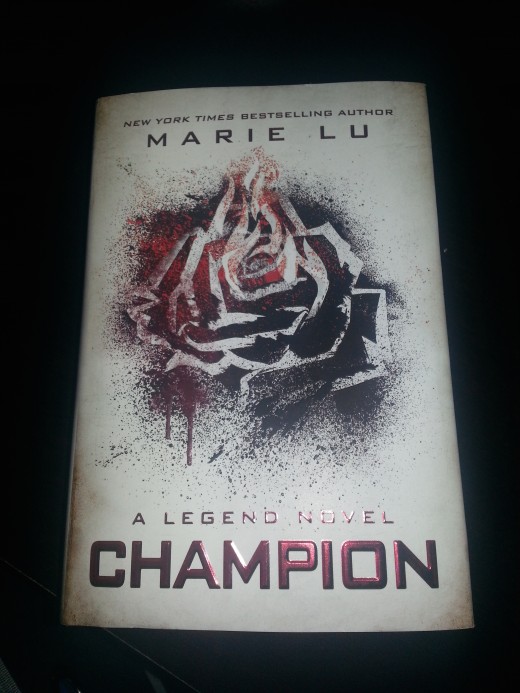
How Do I Know if I Want to Write in First or Third Person?
It is important to know which style you want to use before you start writing your book or short story. Writing in first or third person sets the tone for your story, and to change it later is very difficult. When you are beginning your story, think about the following:
*Does my story benefit from the limitations that being stuck inside my characters head will have? This limitation can add to the suspense and mystery, but if it doesn’t allow you to give the information you need, then it will not work. Again, this worked well for The Hunger Games, but if the Song of Ice and Fire Series had been written in first person we would have lost a lot of the description and insight into the story.
*Do I want to follow the perspective of multiple characters? If you do, third person will probably be best for you. First person works well with one or two characters, but once you are writing more perspectives then that it may be best to go with third person.
*Is it important to be able to offer a deeper understanding of other characters in my novel? If it is important to give your reader more insight into other characters, then being in the head of one character can give them, then you need to go with third person.
Writing Choices
When writing, which perspective do you prefer to write in?
I hope this article helped you make a decision about your writing and/or get a better understanding of first and third person perspectives. Again, these lists are based on my opinion about writing in first or third person, you (and others) may agree or disagree, and I would love to read your opinion in the comments section.


